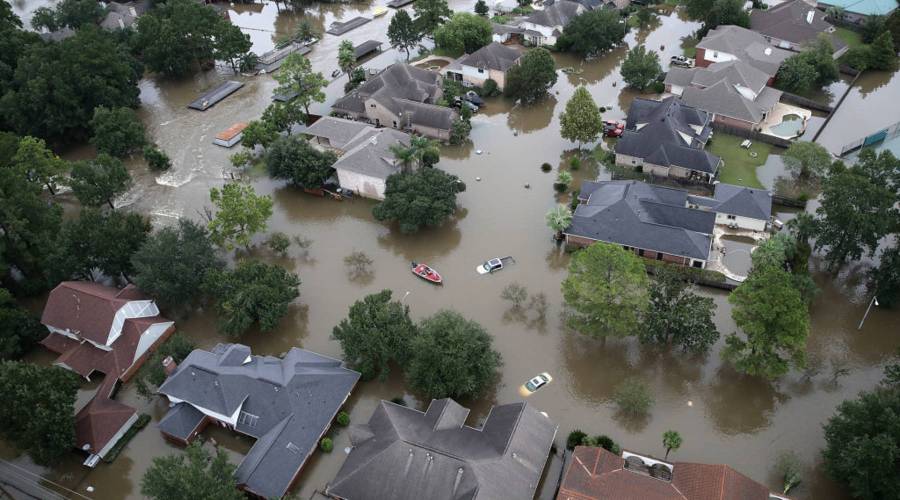
Explosions at a chemical plant near Houston have hospitalized at least 10 people. On today's show, we'll discuss the growing number of industrial and infrastructure problems resulting from this storm. Afterwards, we'll talk about the process of finding housing for Texas' flood victims, and then look at New York's decision to stop cracking down on subway-fare evasion.
Explosions at a chemical plant near Houston have hospitalized at least 10 people. On today’s show, we’ll discuss the growing number of industrial and infrastructure problems resulting from this storm. Afterwards, we’ll talk about the process of finding housing for Texas’ flood victims, and then look at New York’s decision to stop cracking down on subway-fare evasion.





















